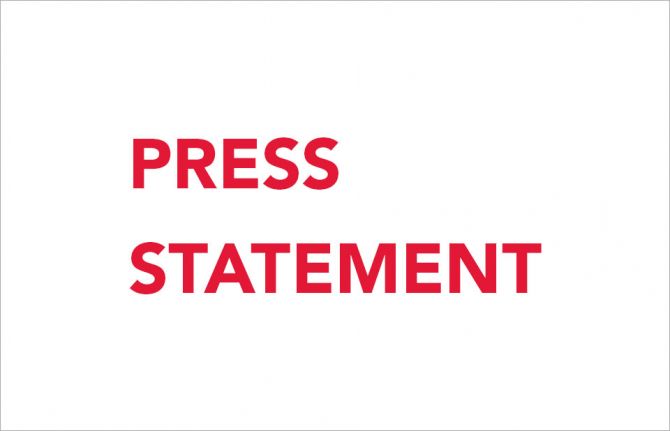

Press Statement
UNAIDS welcomes Jamaica’s expansion of protections against gender-based violence
22 January 2024 22 January 2024Domestic Violence (Amendment) Act 2023 to Protect Women, Girls, Boys, and Men comes into effect
GENEVA, 22 January 2024—UNAIDS welcomes Jamaica’s expansion of protections against gender-based violence as the Domestic Violence (Amendment) Act comes into effect on 22 January 2024.
The amendment will help survivors of physical and mental abuse from persons they reside with or are involved with in an intimate or familial relationship. Amongst other changes, the amendment increases the categories of people who can apply for a protection order for an affected person. For affected children, it enables appropriate public officials to apply for a protection order. It also expands the ability of the court to take actions necessary to protect people.
Alongside the new legal changes, the Government of Jamaica has also committed to continuing to implement other policies to support survivors including a gender-based violence helpline, legal support, shelters, intervention centres at police stations, and special training for members of the police force and other service providers.
Luisa Cabal, UNAIDS Regional Director for Latin America and the Caribbean, applauded the political commitment of the Government and the Parliament of Jamaica, led by Gender Affairs Minister, Olivia Grange and the other powerful female colleagues. Ms Cabal highlighted the importance of addressing the challenges in enforcement as well as policies, and noted the critical role of the courts, police, other law enforcement personnel and civil society partners in tackling gender-based violence in all its forms for all women and girls in all their diversity.
Welcoming Jamaica’s important step forward, Winnie Byanyima, UNAIDS Executive Director, urged a stepping up of action worldwide to tackle gender-based violence. “UNAIDS welcomes the commitments made by Jamaica to expand protections to tackle gender-based violence. Determined action is essential across the Caribbean and Latin America, and across the world, to break the vicious cycle of violence, abuse and inequality. Survivors must be heard, and justice must be done. To protect women and girls' health, it is essential to protect women and girls' human rights,” said Ms Byanyima.
UNAIDS
The Joint United Nations Programme on HIV/AIDS (UNAIDS) leads and inspires the world to achieve its shared vision of zero new HIV infections, zero discrimination and zero AIDS-related deaths. UNAIDS unites the efforts of 11 UN organizations—UNHCR, UNICEF, WFP, UNDP, UNFPA, UNODC, UN Women, ILO, UNESCO, WHO and the World Bank—and works closely with global and national partners towards ending the AIDS epidemic by 2030 as part of the Sustainable Development Goals. Learn more at unaids.org and connect with us on Facebook, Twitter, Instagram and YouTube.
Contact
UNAIDS Latin America and the CaribbeanDaniel de Castro
tel. +507 6998 3175
decastrod@unaids.org
